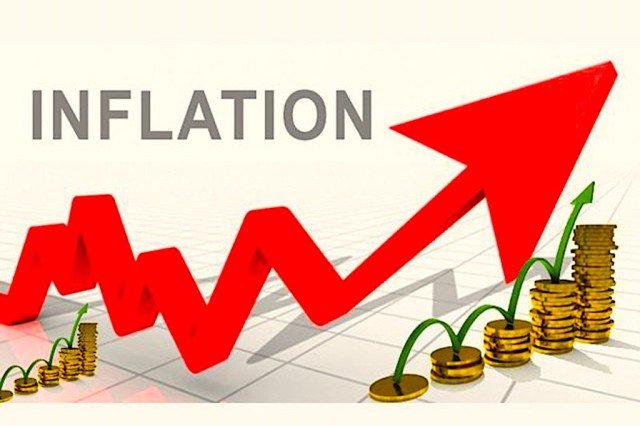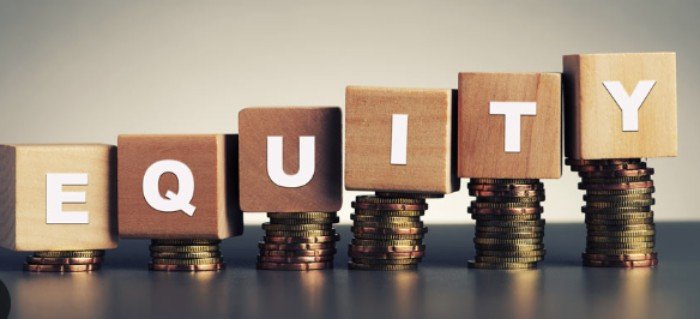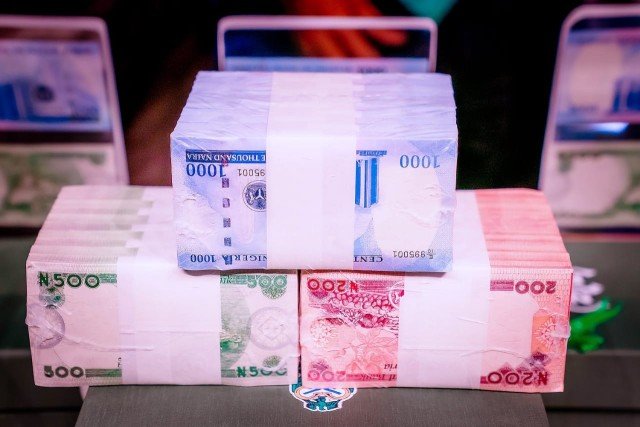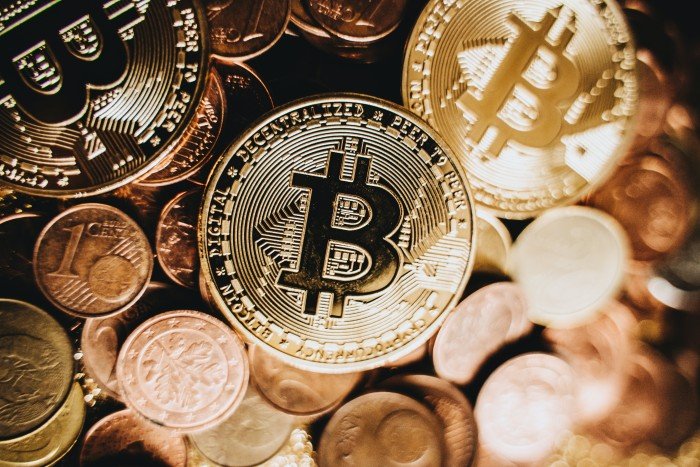In a realistic evaluation of our economic situation,I bring to your attention an important event that demands collective focus: Nigeria’s inflation rate escalated to a concerning 28.20% in November, as indicated by the latest data from the National Bureau of Statistics (NBS).
This figure is significantly higher than the 27.33% recorded in October, despite past claims of a drop in inflation.
The rise shows the urgent need for a closer review of economic policies and the development of initiatives to overcome our country’s approaching cost-of-living issue.
It signifies an important point in which stakeholders must work together to manage these rough economic circumstances.
Nigeria faces 28.20% inflation in November 2023
Analyzing the Numbers to Exposing the Facts
The NBS’s ‘Consumer Price Index: November 2023’ data showed a troubling 0.87 percentage point increase in the headline inflation rate, a record high over nearly two decades.
This increase shows the importance of tackling our country’s growing cost-of-living emergency.
A Decision in the Face of Conflicting Claims
In contrast to previous Central Bank of Nigeria (CBN) comments indicating a slowing of inflation, November data paints a completely different picture.
The month-on-month increase of 2.09%, compared to 1.73% in October, calls into question the story of a systematic decrease in inflation.
The gap between official claims and real statistics calls into question the success of recent monetary reforms.
Year-on-Year Comparison: Growing Trends
Looking at the inflation trend year over year, November 2023 had a 6.73% increase over the same time in 2022, reaching 28.20% from 21.47%.
This significant increase implies a continuous and growing inflation trend, needing an in-depth review of economic policies and approaches.
Bridging the Gap: Navigating Discrepancies
The difference between official declarations of a drop and an evident increase in inflation during November calls for an in-depth analysis of the CBN’s economic policies.
The discrepancy between predicted and realized outcomes underscores the complex problems of managing inflation in a constantly changing economic setting.
The Future Forecasts: An Invitation to Strategic Planning
According to respectable institutions such as KPMG and Stears Business, Nigeria may end 2023 with an inflation rate of around 30%.
These estimates indicate an important turning point that requires smart preparation and urgent action to lessen the broader economic effects.
What Caused Nigeria’s Inflation Rate to Rise in November 2023?
According to the National Bureau of Statistics (NBS), the increase in Nigeria’s inflation rate in November 2023 can be due to several causes.
Notably, there was a 2.09% month-on-month growth, exceeding the previous month’s total.
This contradicts earlier Central Bank of Nigeria (CBN) reports of evidence of inflation slowdown.
The gap shows that the October money market reforms failed to effectively restrict inflation’s increasing trend.
How does the year-on-year comparison reflect the economic trend?
In comparison to the same period in 2022, the inflation rate for November 2023 has increased significantly year on year.
The inflation rate increased by 6.73% to 28.20%, up from 21.47% the previous year.
This significant increase shows a prolonged and growing inflationary tendency, casting doubt on the earlier suggested narrative of a sustainable economic slowdown.
Is There a Disagreement Between the Central Bank’s Claims and the Reality of November’s Inflation Rise?
The Central Bank of Nigeria (CBN) earlier declared that inflation was slowing, citing money-market reforms and relative stability in the foreign currency (FX) market.
The considerable increase in inflation in November, however, contradicts these claims.
The month-on-month and year-on-year spikes in inflation cast doubt on the efficiency of the CBN’s economic reforms.
What are the predictions for Nigeria’s inflation rate in the future?
According to credible sources such as KPMG and Stears Business, Nigeria is on track to end 2023 with an inflation rate of around 30%.
This forecast indicates that the challenges caused by inflation will likely endure, requiring careful management and effective strategy to limit the broader economic consequences.
What Challenges and Responsibilities Do Nigerian Policymakers Face?
The high inflation rate in November underlines the issues and responsibilities that Nigerian policymakers face.
The difference between official claims and real statistics highlights the challenges of regulating inflation in a continually changing economic environment.
Policymakers are now faced with the difficult task of implementing effective steps to reduce the impact of inflation on citizens and restore trust in economic policies.
The ability to address the core causes of inflation and execute long-term changes that protect the Nigerian people’s economic well-being will determine the success of these efforts in the future.
Nigeria Faces 28.20% Inflation: Charting a Resilient Path Forward
Finally, As we face the stark reality of a 28.20% inflation rate, all stakeholders, including governments, business leaders, and citizens, must work together to build a robust route forward.
Recognizing the enormity of the problem is the first step toward developing and implementing policies that protect economic stability while also addressing the public’s immediate concerns.
Let us together negotiate these financial issues in the spirit of unity and shared responsibility, ensuring that the policies and reforms enacted reflect the complicated reality of our current economic situation.
Nigeria’s future success is dependent on our collective ability to adapt, develop, and implement long-term solutions.






